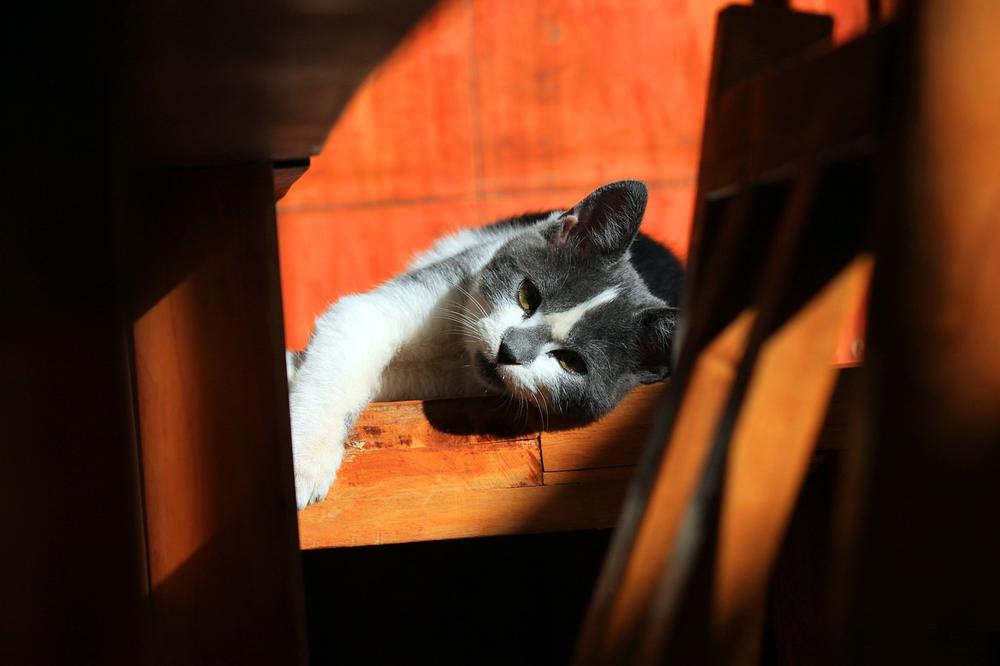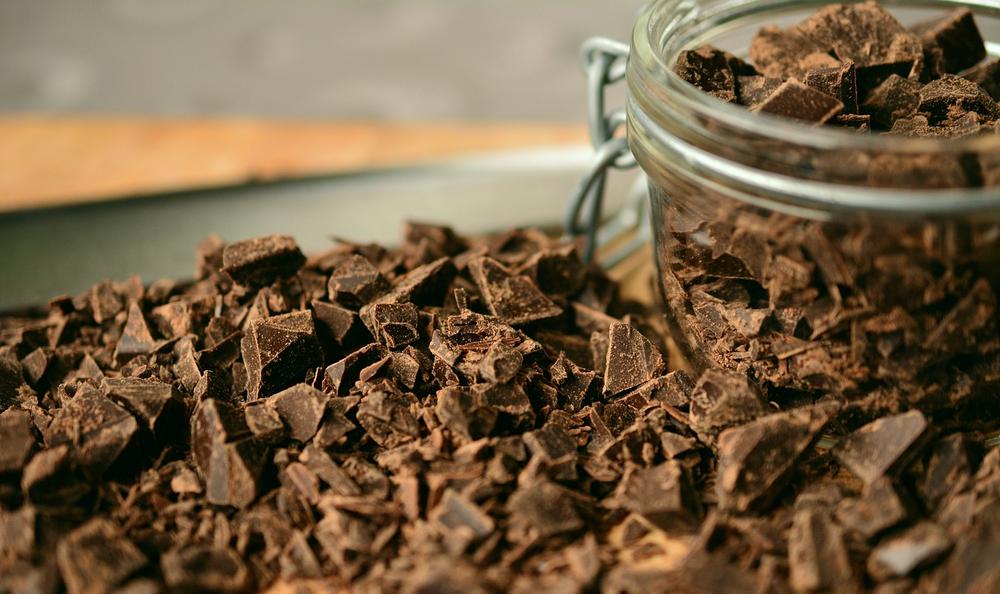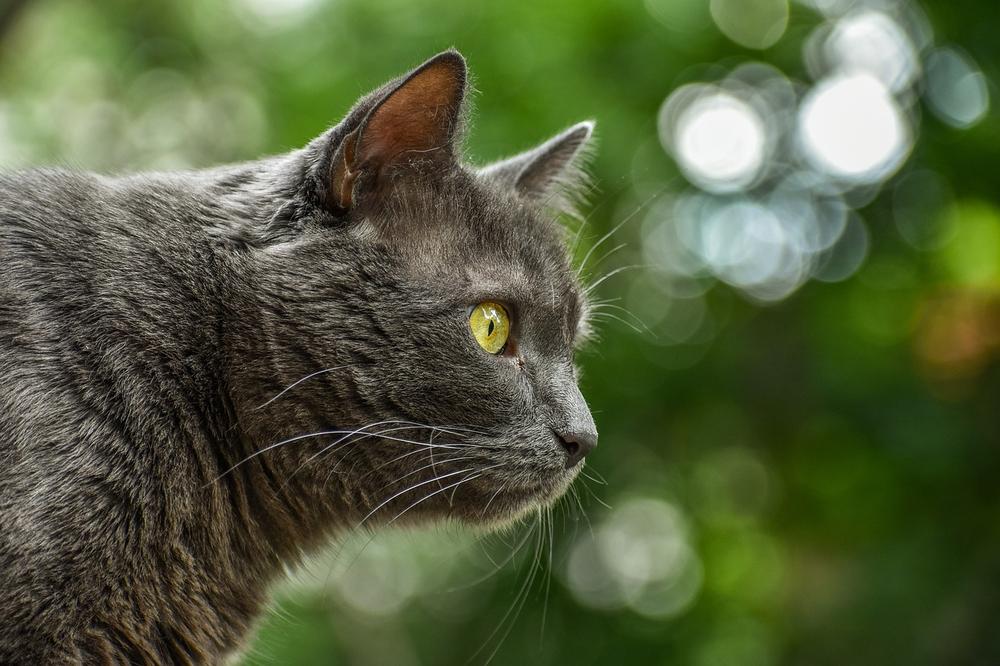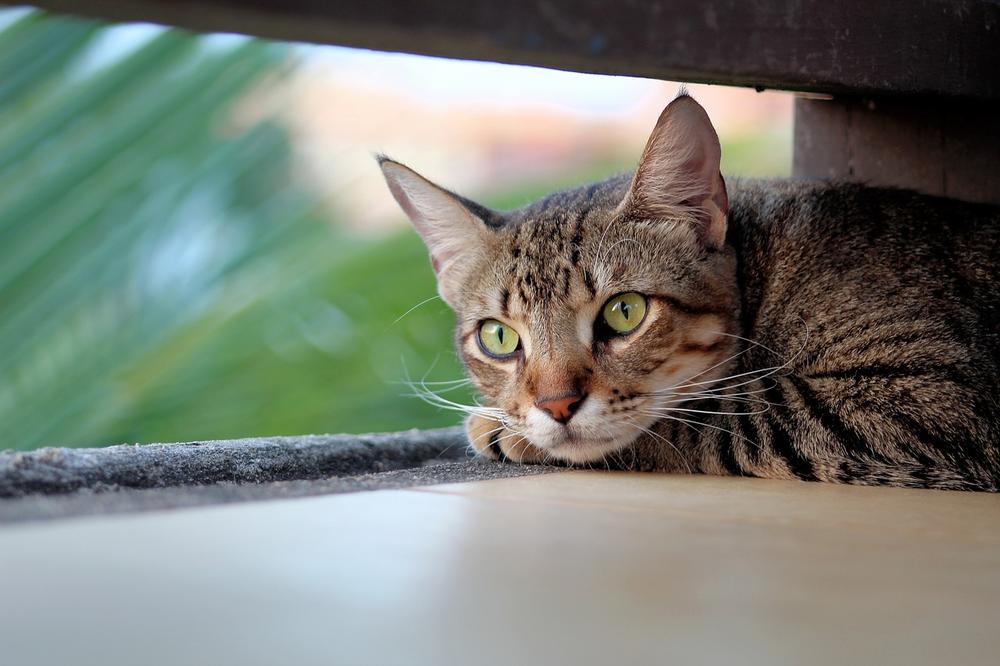Can Cats Eat Chocolate? (Safe Dosage, Symptoms, and More)

Picture this:
You come home from a long day at work, hoping to unwind with your feline friend. 🐱
As you settle in, you can't help but wonder:
Should I ever let Fluffy near my precious chocolate stash?
The fear grips you, doesn't it?
The terrifying thought of your beloved cat nibbling on that decadent treat, sending them into a tailspin of danger.
But worry not, my friend.
Let's dive deep into this enigmatic abyss and uncover the truth, shall we?
Let's begin.
Is Chocolate Bad for Cats?
Yes, chocolate is bad for cats.
Here are 7 things you should know:
- Theobromine in chocolate is highly toxic to cats. Cats metabolize it slower than humans and other animals, which can lead to serious health problems.
- All types of chocolate, even white chocolate, contain theobromine and caffeine. Even a small amount can harm cats, so keep it away from them.
- Cats are sensitive to chocolate and caffeine, making them more prone to illness and death if they consume it.
- Offer safe treats without chocolate or caffeine for your cats. There are many healthy options made specifically for them.
- Symptoms of chocolate ingestion in cats include vomiting, seizures, and possible death. If your cat shows any signs after eating chocolate, seek immediate vet help.
- Always keep chocolate products out of reach of cats. Be extra careful during holidays when chocolate is more common.
- If you think your cat ate chocolate, contact your vet right away. Taking quick action is crucial for their safety and well-being.
Bear in mind these points to prioritize your beloved feline's health and safety by keeping chocolate away from their curious paws. 🐱

Now, you might be wondering...
Just how dangerous can chocolate really be for cats?
Well, the severity of chocolate toxicity depends on several factors, such as the type and quantity consumed, as well as the individual cat's size, weight, and sensitivity.
But let me tell you, when it comes to cats and chocolate, things can get really serious - even fatal in some cases...
Can Cats Die From Chocolate?
The severity of chocolate toxicity in cats depends on several factors, including the type and amount they eat, as well as their size, weight, and sensitivity to theobromine.

If a cat consumes a large quantity of high-cocoa percentage chocolate, it could be fatal for them.
Ingesting too much theobromine can lead to death, making swift treatment essential in these situations. Remember, it's always better to err on the side of caution when it comes to your furry friends' health. Keep chocolate safely out of reach and seek immediate help if you suspect your cat has consumed any.
My Cat Ate Chocolate! What Symptoms Should I Watch For?
Watch out for these symptoms if your cat eats chocolate
If your furry friend happens to grab a bite of chocolate, you need to keep a close eye on them.
Chocolate can be seriously harmful to cats, so it's crucial that you know the symptoms to look out for.
Chocolate can cause various symptoms in cats
So here's the deal, buddy. If your cat decides to indulge in this sweet treat, there are some telltale signs you should watch for. These include vomiting, diarrhea, increased thirst and urination, restlessness, rapid breathing, muscle tremors, elevated heart rate, stiffness, hyperactivity, and even potential coma or death.
Oh, and here's a pro-tip:
Xylitol, which is found in chocolate products, is definitely not kitty-friendly!
Don't forget, even ice cream and milk can cause problems for cats with lactose intolerance. So chocolate ain't the only thing to be mindful of!
Timing and amount matter when it comes to chocolate consumption
If your precious fur baby gets their paws on chocolate, you gotta give your vet all the deets, my friend. Let them know the exact timing, specific product, and how much chocolate was consumed. Trust me, these details make a difference in treatment.
And hey, don't overlook the sneaky caffeine factor either.
It can also be toxic for cats, causing an increased heart rate, restlessness, and vomiting.
The severity of side effects can vary, pal.

Theobromine, another component of chocolate, can potentially lead to liver failure.
So if you notice any of the symptoms I mentioned earlier, do yourself a favor - call your veterinarian ASAP.
No time to waste!
If your whiskered buddy manages to munch on chocolate, keep a close eye on them for at least 24 hours.
Stay alert for symptoms that usually show up within 6-12 hours, such as hyperactivity, stiffness, rapid breathing, and worst-case scenario, death.
You've got this!
And hey, before you go, I have just the article you need to put your mind at ease about another popular treat for cats.
If you're curious about the safety of cats eating oreos and want to understand the potential risks, I invite you to explore my guide on Can Cats Eat Oreos.
It's a must-read for cautious cat parents like yourself.
You won't want to miss it! Trust me, your feline friend will thank you.
My Cat Ate Chocolate! What Should I Do?
Is your cat chowing down on some chocolate? 😱

Don't lose your mind, just follow these steps:
- Stay cool and keep calm. Freaking out won't help.
- Get your furry buddy to the vet pronto. Time is crucial in chocolate poisoning for cats.
- Don't try to make them puke using hydrogen peroxide or anything else. Let the pros handle it.
- While you wait, create a chill and quiet spot for your cat to stop their symptoms from getting worse.
- Chocolate and cats should never mix. It's better to avoid this yummy treat altogether if you have a feline companion.
- If you catch your cat snacking on chocolate, rush them to the vet right away, even without symptoms.
- Forget about dubious internet tips or old wives' tales. Reach out to the ASPCA Animal Poison Control Hotline for legit advice.
- Trust what your vet says more than random online advice. They're the experts who know how to take care of your cat.
When it comes to chocolate and cats, it's safer to play it smart instead of being sorry.
How Much Chocolate Is Too Much?
| Chocolate Type | Level of Harm for Cats |
|---|---|
| Dark/Baking Chocolate | High level of harm due to high theobromine content. Even small amounts can be dangerous for an 8-pound cat. |
| Milk Chocolate | Less harmful compared to dark chocolate, but still should be monitored. Can affect cats, especially in larger amounts. |
| White Chocolate | Low toxicity levels. Less harmful compared to dark and milk chocolate. Minimal risk to cats. |
| Amount and Type of Chocolate Consumed | The toxicity level depends on the amount and type of chocolate consumed. Cats' sensitivity to theobromine makes it best to avoid chocolate treats altogether and opt for safe alternatives. |
Your precious cat can be seriously harmed by even the tiniest amount of chocolate, so pay close attention!
Cats, especially those weighing around 8 pounds, are highly sensitive to a natural compound called theobromine found in chocolate.
And let me tell you, the darker the chocolate, the higher the concentration of theobromine. So, my friend, ensure to keep those tempting dark chocolates and baking chocolates far away from your curious cat's paws. It's best to hide them like buried treasure in sealed containers because our feline friends have an uncanny ability to sniff out the good stuff.
Now, milk chocolate is a tad less harmful than its darker counterparts.
However, you still need to monitor how much chocolate your cat gets its paws on.
If you're unsure about the allure of chocolate-filled escapades for your mischievous kitty, don't hesitate to call poison control or consult with your vet.
The level of danger varies depending on factors such as the type of chocolate, the quantity consumed, and your furry baby's size, weight, and sensitivity to theobromine (yes, cats have unique taste buds too!).
But hey, here's something interesting:
White chocolate doesn't pose much threat at all!
Its levels of toxic compounds for cats are significantly low.
This means that you don't have to completely eliminate chocolate from their lives, but it's always better to err on the side of caution, right?
Just a teeny-tiny piece (about 0.2 ounces) of dark, semisweet, or baking chocolate could send Mickey, the 8-pound cat, on an unforgettable journey. However, when it comes to milk chocolate, they would need to devour just over 1.1 ounces to experience serious toxicity.
In summary, resist the temptation to share your beloved chocolate treats with your feline crew.
Instead, opt for feline-friendly alternatives that offer health benefits.
Remember, both the type and amount of chocolate ingested can determine the level of toxicity. Let's ensure those mischievous whiskers stay safe, my friend!
How Vets Treat Chocolate Toxicity in Cats
When your cat eats chocolate and you rush to the vet, they'll examine them thoroughly. This includes a physical exam, urine sample analysis, or electrocardiogram (ECG) tests.
Quick treatment is important for a good outcome in cats affected by chocolate toxicity.
When you visit the vet, ensure to provide all the details about the chocolate your cat consumed.

They will assess your furry friend's condition with a physical exam, urine sample, and ECG tests to accurately evaluate them.
Treatment options may vary based on the seriousness and can involve:
- Removing the chocolate from the stomach
- Giving activated charcoal to absorb toxins
- Using sedation and stomach pumping
- Hospitalizing the cat with targeted medications and fluid therapy
- Providing IV fluids and addressing any liver problems
You have to note that inducing vomiting at home with hydrogen peroxide is not recommended; let the professionals handle it.
The chances of recovery depend on factors like the amount of chocolate eaten, timely treatment, and the vet's assessment.
Showing your cat love and attention is as beneficial as giving them chocolatey treats. 😺
The Importance of Prompt Action for Cats
Key Takeaways:
- Chocolate is highly toxic to cats and can be fatal.
- Theobromine, a toxin present in all forms of chocolate, can cause illness in cats even in small amounts.
- Cats' sensitivity to chocolate and caffeine makes them more susceptible to the harmful effects.
- White chocolate contains caffeine and theobromine, making it toxic to cats.
- Safe alternatives should be provided as treats for cats instead of chocolate.
- Symptoms of chocolate consumption in cats include vomiting, seizures, and even death.
- Prompt veterinary care is necessary if a cat consumes chocolate.
- Do not induce vomiting at home, seek professional help immediately.
- Darker chocolates and baking chocolates are more dangerous due to higher theobromine content.
- Milk chocolate is less harmful, but it's best to consult a vet if unsure.
- The type and amount of chocolate consumed will impact the level of toxicity.
- Immediate treatment at the vet is crucial for prognosis.
- Treatment options may include removal of chocolate from the stomach, administering activated charcoal, and hospitalization.
- Recovery chances depend on the amount consumed, timely treatment, and vet evaluation.
And that wraps up today's article.
Before you leave, can I ask you something? Did my blog post help you out? If it did, I would be incredibly grateful if you could share it with your loved ones. Sharing is super easy- just click on any of the social media icons and spread the word instantly. Thank you so much!
Talk soon,
-Sarah Davis